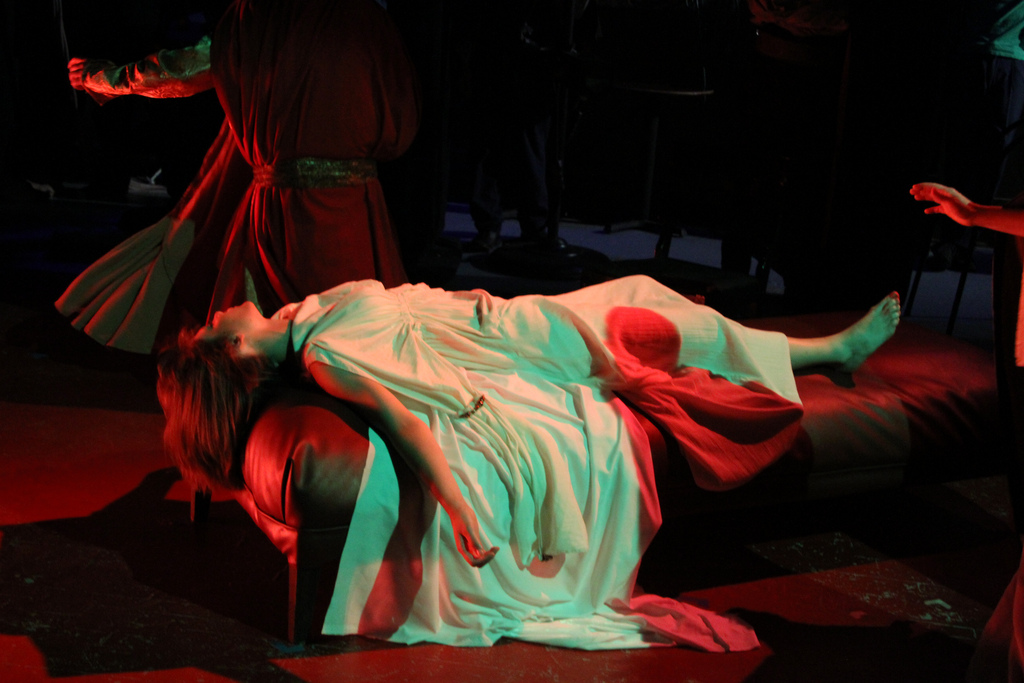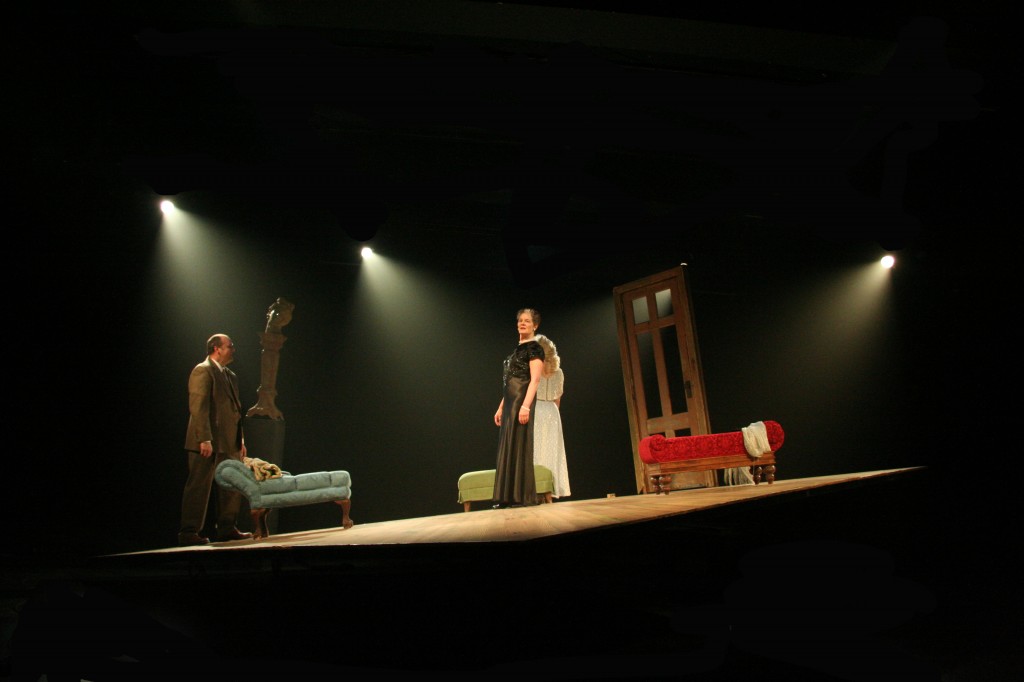
The Monday trifecta: Portland Taiko, a new CD, and sake. Photo: copyright Rich Iwasaki, 2007
The trouble with traveling is that you miss things at home. The trouble with home is that you miss things in other places, but that’s another story.
*************************************
During our August wanderings we’re missing a lot of stuff in Portland, including Portland Taiko‘s big-bash Rhythms of Change CD release party at Sake One. It’s been reskedded from Friday to Monday, Aug. 31, because of weather, but by that time we’ll have spent our 36 hours in Portland and be on the road again. Still, you might be able to make it. Check the details here. The CD is good! (I speak, mind you, as a Taiko board member. But I really do like this CD.)
*************************************

We’re missing Jerry Mouawad’s newest play, The Cuban Missile Tango, at Imago Theatre, which looks like a one-weekend shot, at least for now. Jerry’s been blogging about the process of putting this play together, and he gives some fascinating insights into how a creative person brings a vague idea into specific reality. It’s worth reading, here. The play looks at the Cuban Missile Crisis of October 1962, a “collision of two worlds” that came who knows how close to sparking World War III. But it looks at it through the lens of a Halloween party. Jerry wrote this in June, early in the process of assembling the play:
“I have an idea of a noisy swinging kitchen door inspired by Jacques Tati’s Monsieur Hulot’s Holiday. So with a big idea, the danger of World War III, I start with a couple of waiters and a swinging door.”
Looks like one show left at 2 this (Saturday) afternoon. Ten bucks at the door, 17 S.E. Eighth Ave.
*************************************
We’re very sorry to be missing Saturday’s free all-day arts fair, Fall.ART.Live, in the studio and parking lot of Oregon Ballet Theatre at 818 S.E. Sixth Ave. across the Morrison Bridge from downtown.
 The intrepid Mighty Toy Cannon has the story at Culture Shock; check it out. From Josie Mosley Dance and Northwest Dance Project to Portland Opera, Do Jump! and Portland Actors Conservatory, a lot of good-sounding stuff’s hitting the stages and the booths. Plus, fancy sandwiches and beer!
The intrepid Mighty Toy Cannon has the story at Culture Shock; check it out. From Josie Mosley Dance and Northwest Dance Project to Portland Opera, Do Jump! and Portland Actors Conservatory, a lot of good-sounding stuff’s hitting the stages and the booths. Plus, fancy sandwiches and beer!
It’s a good thing for OBT to be doing now, after Portland and the national dance community stepped up in June to stave off its financial crisis. If the ballet has a newfound sense of being a vital part of Portland’s arts community, that’s terrific: Certainly the company’s dancers and artistic director Christopher Stowell did their part to help Conduit contemporary dance center in its more recent money crisis.
Mighty Toy Cannon points out that Portland Mercury writer Stephen Marc Baudoin took a more snippy view of the whole thing. We think he misses the point. On the other hand, maybe he’s just bucking for membership in the exclusive League of Tough-Guy Arts Observers.




 The intrepid Mighty Toy Cannon has the story at Culture Shock;
The intrepid Mighty Toy Cannon has the story at Culture Shock;